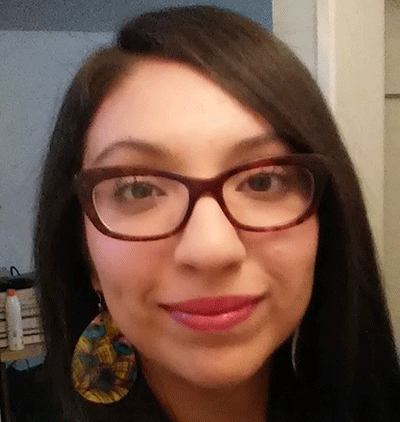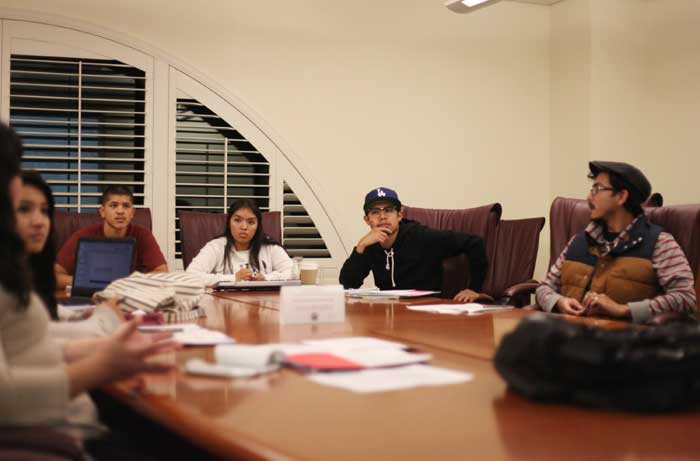
Undocumented students on campus hope to establish a DREAM center to raise awareness and inform the Chico State community of their complex status.
DREAM stands for Development, Relief and Education for Alien Minors Act. Its goal is to help undocumented students succeed in higher education.
The student-run organization, Leaders Educating for the Advancement of DREAMers, began the process for creating a DREAM center this semester. Students from LEAD believe there is a misunderstanding regarding undocumented students at Chico State.
“A lot of the time I feel like we end up educating the faculty and staff when I feel that it should be the other way around,” said Gerson Cortes Palacios, junior cultural anthropology major. “We’re kind of spoon-feeding them all of this information so that maybe they’ll help us. I feel a DREAM resource center would really help.”
Cortes Palacios is a committee memeber within LEAD that works exclusively on the creation of a DREAM center. The committee is currently drafting a proposal that will be sent to administration.
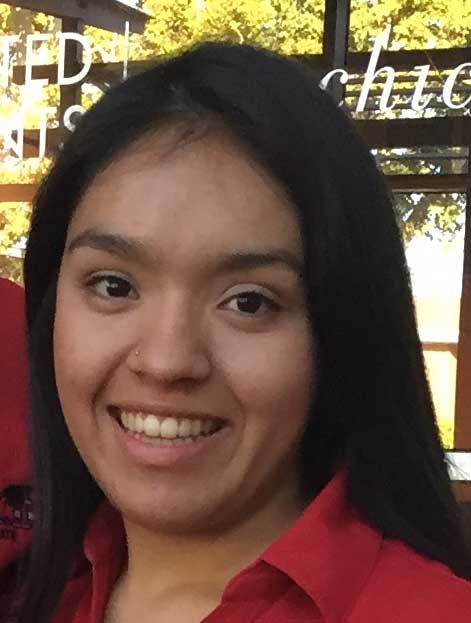
On Oct. 23, LEAD, faculty, staff and administration personnel attended a meeting to discuss the center, said Dilan A. Pedraza, senior political science major and a founding member of LEAD.
Karen Cruz, sophomore pre-nursing major and vice president of LEAD, feels that she is sometimes ignored as an undocumented student on campus. She is often forced to research issues independently because some offices on campus are unfamiliar with her status.
“Chico State needs a DREAM center so we can get information and not be rejected and sent to Google,” Cruz said. “We need a DREAM center so we can be represented on campus.”
In one instance, Pedraza had to inform one of his professors about word choice for undocumented students. His professor referred to them as “illegal immigrants,” which can be offensive and demoralizing for some students, he said. Pedraza wrote a letter to his professor explaining the problematic nature of the phrase.
“Today I heard something that made me a little uncomfortable,” he said in the letter. “The words were ‘illegal immigrant.’ I feel that the word ‘illegal’ degrades a human being. No one should be made to feel as if they are less. I can attest that people in my situation suffer from a lot of psychological issues due to the status.”
A DREAM center could provide information to faculty and staff on how to better serve undocumented students on campus. Another component of the center would help provide legal support to these students.
They navigate many different obstacles throughout the U.S. legal system, Pedraza said. LEAD has already contacted an attorney, and it hopes to negotiate fees for her services.
“We plan on having an attorney who can assist students with their deferred action paperwork,” he said. “We just have to sit down with her and make sure she understands everything we’re asking for.”
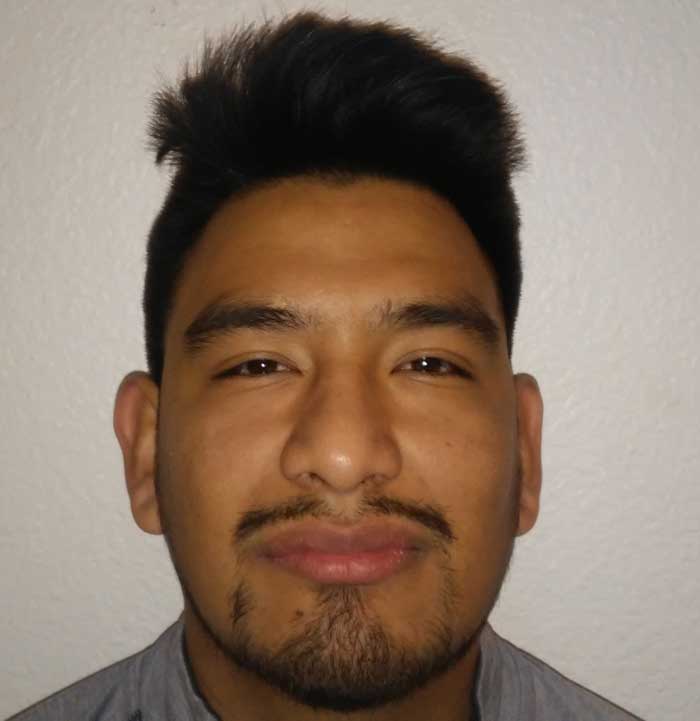
Deferred Action for Childhood Arrivals is the legal policy issued by Homeland Security that allows some undocumented students to delay possible deportation for two years. An attorney presence on campus could help students properly file their DACA paperwork and better understand the process, Pedraza said.
Cal State L.A. and Long Beach State already provide legal support on campus to undocumented students, said Aldo Rafael Cruz Vasquez, junior medical anthropology major and college liaison for LEAD.
Under DACA, some students can study abroad through Chico State but the process is convoluted. Students from LEAD have run into issues with the study abroad program, which is unfamiliar with the rules for DACA.
“I don’t know what DACA is,” said Mychal Garcia, program assistant for the Study Abroad and International Exchange office. “If it’s something like that where they have to jump through such specific hoops, I would say it would be more effective for them to go directly to a government official.”
Garcia has worked in the Study Abroad office for three years and recommends students follow official guidelines. The office will do its best to aid undocumented students but some things are under governmental control, she said.
On Oct. 20, the U.S. Department of Education provided resources online to inform educators and school officials about processes for undocumented students.
Jennifer Gruber, coordinator for the Study Abroad and International Exchange office, said undocumented students should seek legal advice before departing the U.S. to study abroad.
Undocumented students could lose their place in the U.S. if they do not properly apply for an Advance Parole document before studying abroad.
“We have to file an application and we only get a period of time out of the country,” Cruz said. “That would have to be known by Study Abroad so they don’t give us false information that could drastically change our lives— even not being able to come back home.”
Other staff members try to encourage undocumented students to apply for programs they’re ineligible for without considering the legal consequences they could face, Cruz Vasquez said.
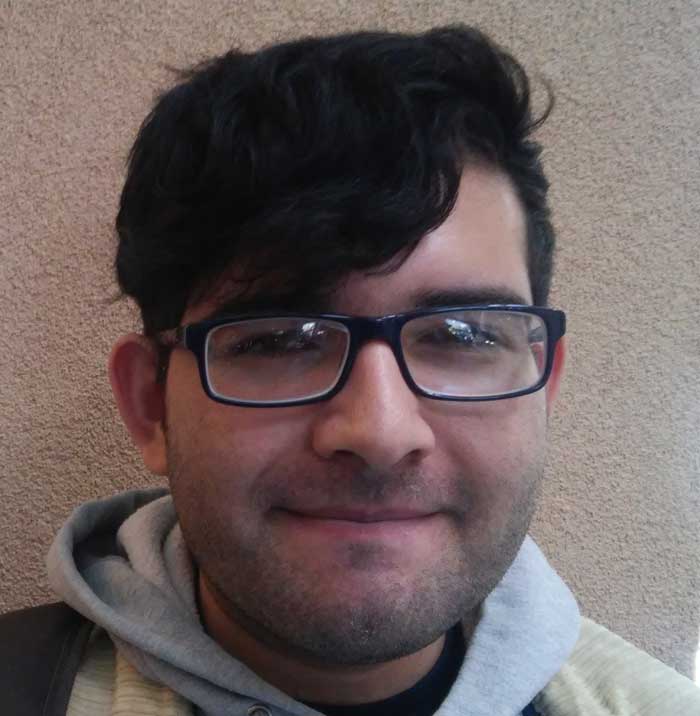
“We talk to people who are supposed to be experts in their fields, such as counselors or advisers, and some of them will tell us to apply for this government-funded program,” Cruz Vasquez said. “We can’t because we’re undocumented. If we apply for it, we’ll go to jail. There is a clear disconnection.”
Government-funded programs are for U.S. citizens, so if undocumented students are granted this funding, they would get in trouble for receiving it, he said.
On Oct. 15, President Paul Zingg sent an email to the campus community regarding Chico State’s new status as a Hispanic Serving Institution.
Chico State can eventually qualify for a federal status and apply for grants that could help more students. Teresita Curiel, interim assistant director of HSI initiatives, understands the importance of creating a DREAM center on campus.
It’s an issue that needs to be investigated, she said.
“Many of the CSUs have a DREAM center already, and that’s important to know what others are doing,” Curiel said. “DREAM students are a high risk at any campus.”
She attended the meeting held on Oct. 23 and said that as the student body diversifies, it’s important for student resources to reflect that. Curiel hopes that institutions understand the need to help guide under-supported students toward graduation.
At Chico State, a group of faculty and staff members, known as “the DREAM team,” helps undocumented students. It’s operated by LEAD’s adviser, Elizabeth Alaniz, assistant director of the Financial Aid and Scholarship office.
“We started to see this emerging population,” Curiel said. “The students are out there. They’re going to higher education institutions and we need to be able to support them.”
Additionally, many DREAM students are at high risk for lower graduation rates because they come from low-income families. While some qualify for limited financial resources, many accrue large amounts of financial debt, Cruz Vasquez said.
While some undocumented students on campus may receive additional services through Chico State’s HSI designation, DREAM students come from ethnic backgrounds all over the world.
LEAD hopes to be inclusive and support all undocumented students, allies and those who would like more information about these students.
“We should all be able to have a voice,” Cruz said. “We all have made it so far, and we have overcome a lot. We’ve earned our spot and in our eyes, we’re regular students just trying to get an education.”
Elizabeth Castillo can be reached at [email protected] or @ElizabethC718 on Twitter.










